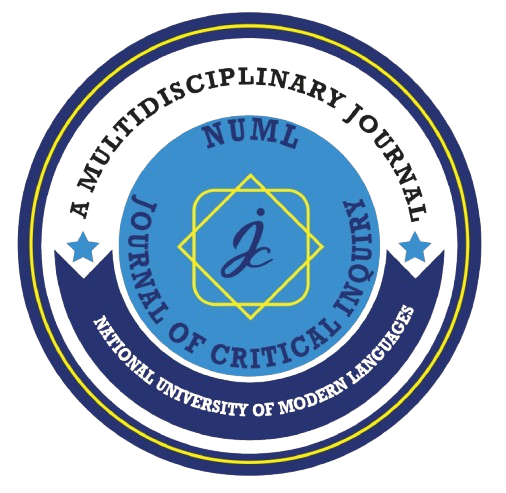Liberal Articulation of Islamophobia: Politics of Multicultural Recognition in Pearl Abraham's American Taliban
Main Article Content
Abstract
This article seeks to examine academic scholarship on Islamophobia in the West that attributes anti-Muslim racism to a crisis of multiculturalism and proposes the recuperation of the liberal multicultural ethos as a countermeasure to redress Islamophobia without investigating its complicity with racism. Through an analysis of Pearl Abraham’s novel American Taliban (2010), I probe an ambivalence at the heart of the liberal multicultural project of recognition (for the other) and argue that despite its claims of libertarian principles of justice and equality, multicultural recognition becomes the ideological backdrop against which changing contours of Islamophobia are articulated. This is unpacked through a fissure in Abraham’s narrative which, on the surface, draws upon the Hegelian principle of intersubjective recognition in order to critique the illiberal paradigm of Islamophobia and its concomitant framework of the clash of civilizations. Yet, it remains complicit with anti-Muslim racism through the generation of another Manichean frame that shifts reductive constructs of dangerous alterity to the Muslims who follow the normative tradition of Islam. At the same time, it offers positive recognition to Sufi Muslims who are aligned with secular liberalism. With a critical focus on Abraham’s novel, this paper deploys G.W. F. Hegel’s concept of ‘becoming’ with Gregory Lipton’s ‘critique of the secular reconstruction of Sufism in order to explore the complicity of multicultural recognition with Islamophobia, and, thus, it nuances the existing Western scholarship.






